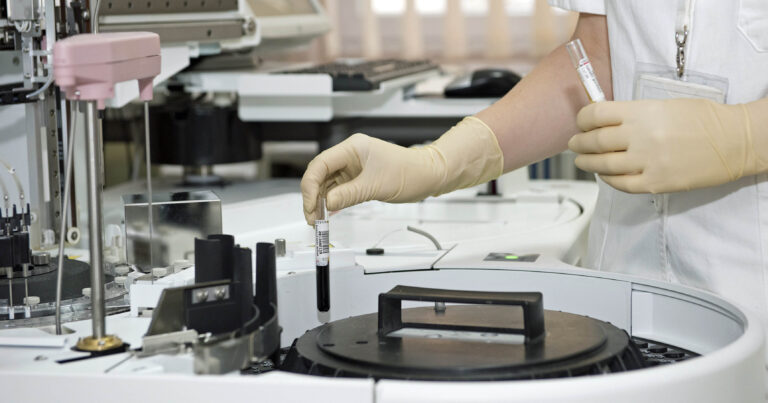Radiology Physician Assistant Career Guide
Looking for a different career guide?
Overview
Radiology Physician Assistants (PAs) are healthcare professionals who specialize in the field of radiology, focusing on the use of medical imaging to diagnose and treat various medical conditions. They work closely with radiologists and other healthcare providers to interpret imaging studies, perform interventional radiology procedures and provide patient care related to radiological examinations.
Education
To become a Radiology PA, you must start by completing a bachelor's degree, typically in a science-related field. Afterward, you'll need to enroll in a Physician Assistant program, which generally takes about two to three years to complete. These programs are offered by accredited universities and medical schools, and graduates earn a Master's degree in Physician Assistant Studies (MPAS).
Qualifications

Skills
Radiology PAs require a diverse skill set to excel in their specialty. They must have a deep understanding of medical imaging modalities, radiologic anatomy and the interpretation of imaging studies. Effective communication skills are crucial, as they interact with patients to explain procedures, obtain medical histories and provide reassurance during imaging examinations.
Radiology PAs should possess excellent diagnostic and problem-solving abilities
Responsibilities
The responsibilities of a Radiology PA primarily revolve around the interpretation of medical imaging studies and the performance of interventional radiology procedures. They review and analyze radiological images, such as X-rays, CT scans, MRIs and ultrasound, to provide preliminary and final reports to radiologists. Radiology PAs also assist in image-guided procedures, such as biopsies, angioplasties and drainage procedures. They may
Salary Insights
The average salary for a Radiology Physician Assistant is $6,205.49 per week.
Last updated on December 11, 2024. Based on active jobs on Vivian.com.
Pros & Cons
Choosing a career as a Radiology PA offers several advantages. One of the main benefits is the opportunity to work with cutting-edge medical imaging technology and make a significant impact on patients' diagnoses and treatments. Radiology PAs often enjoy competitive compensation and job stability, with a growing demand for healthcare professionals in the field of radiology.
However, there are challenges to
Some of the content on this page was enhanced using artificial intelligence.
Join over 1 million healthcare workers that are getting a head start with Vivian.
Join Vivian





